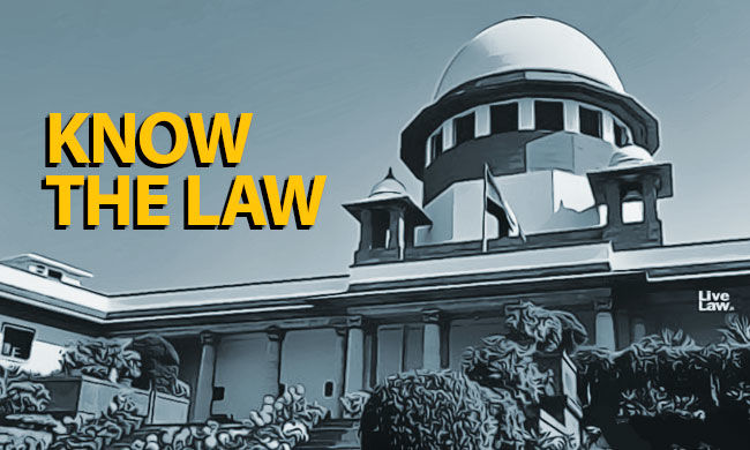Can Lok Adalat Award In A Case Referred By Magistrate Be Executed As Civil Decree?
Sneha Rao
11 Jan 2022 9:28 AM IST

Next Story
11 Jan 2022 9:28 AM IST
A question that often arises in the context of the execution of awards by Lok Adalat is whether an award passed in a case referred by a Magistrate's Court can be executed as if it is a decree of a civil court.This question arises in cases under S.138 of the Negotiable Instruments Act and the Domestic Violence Act that have been referred to Lok Adalats. The principles governing the execution...
